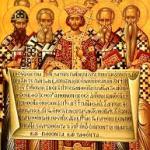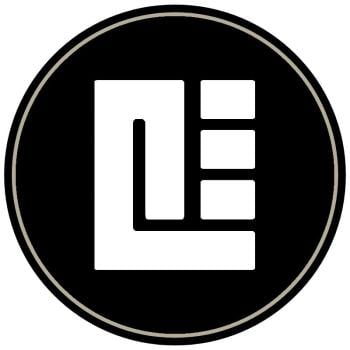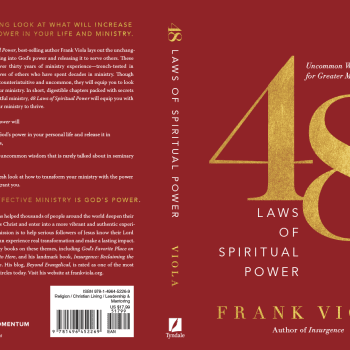Last month I had the pleasure of attending a stimulating conference at the Tanner Humanities Center of the University of Utah. Titled "Women and the LDS Church: Historical and Contemporary Perspectives," the event was organized by Kate Holbrook and Matt Bowman, two prominent young scholars of Mormonism, and sponsored by a host of regional scholarly institutions including the LDS Church, BYU, USU, and UVU. I had only the tiniest of roles in the day's proceedings, and I thoroughly enjoyed the opportunity to sit on the receiving end of the intellectual fire hose. The fine line-up of panelists and presentations has been ably summarized by Tona Hangen and Andre Radke-Moss; the proceedings were recorded and are available electronically here.
The conference was organized thematically around the category of women's agency, with four sessions addressing the historical, popular, analytical, and international dimensions of female agency within the Church. This was a smart decision on the part of the organizers: the framework of agency elicited constructive analysis and interesting historical revisionism from the presenters, which lent a positive and generally upbeat tone to the discussion. Agency as an intellectual framework for Mormon studies also has the virtue of being historically and culturally "correct," that is, drawn from the native discourse and worldview of the subject itself: agency is a central concept in the Mormon moral universe, and has been from the beginning. This sensitive approach to historiography and cultural studies, an approach exemplified by historian Laurel Thatcher Ulrich, produces "faithful" research in the best sense of the word: scholarship that stays faithful to the source and its context above any fidelity to ideology.
Claudia Bushman, the optimistic, stubborn, sensible, confident embodiment of everything that is most inspiring about the Mormon moral universe and communal tradition, gave a rousing defense of this robust notion of agency. She shared some of her findings from the women's oral history project she has spearheaded, but mostly she defended, with great intelligence and charisma, the idea of agency itself. Everything is a choice, she asserted: we have the ability to choose between alternatives, and we have the ability to choose the alternatives themselves. If we find the LDS Church to be oppressive, well, that's a choice, too. I have enormous respect for Claudia, and I recognize the power of this moral vision both for our foremothers and for the most vulnerable and powerless among us today—a point driven home by the moving international perspectives shared at the conclusion of the conference.
But that doesn't change the fact that agency poses a huge conceptual problem.
Gone is the era in which agency, understood as free will, can be taken for granted as a stable analytical category. The idea that moral choice is free, intentional, individual, and liberating has come under scrutiny from both humane and scientific lines of inquiry, and from religion and politics as well, and it satisfies neither the new empirical nor the new spiritual paradigms that have come to govern our view of human nature. Yet it remains a powerful and motivating interpreter of human behavior, in part because it allows a hopeful and morally clear vision of human destiny, and nowhere is that hopeful vision more treasured than within Mormonism.
This leaves us with an historiographical—not to mention a moral and existential—dilemma. Do we retain the framework of agency, which structured our ancestors' worldview and continues to describe much of lived human perception today, despite its theoretical weakness? Are we better off to jettison the creaky old jalopy and adopt a different theoretical vehicle? Or can we revise and re-purpose the notion of agency in a way that is intellectually defensible but also relevant to everyday experience? I am not the first person to whom these questions have occurred, of course. Several of the panelists at the conference addressed these issues, explicitly or implicitly, with great insight. Let me identify three possible revisions that emerged from the proceedings of the conference, none of which is perfect but each of which provides a path forward.
First, we might reject a positivistic, macro-dynamic notion of agency—the "great woman" theory of history in which extraordinary individuals move history forward through great achievement—and move toward a critical micro-dynamics of power. This was the theoretical move proposed by Katherine Brekus in her important 2010 speech to the Mormon History Association, a speech that directly informed the historical session of last month's conference. Brekus called for—and Susanna Morrill, Quincy Newell, and Kate Holbrook skillfully implemented—a notion of agency that is not only focused on intentional individuals but also on relationships and collectives; not only directed destructively against institutions and social structures but also constructively reproducing them; not aimed solely at liberation but also at cooperation.





